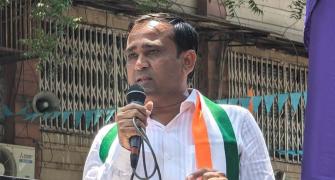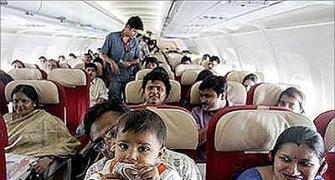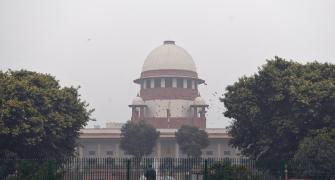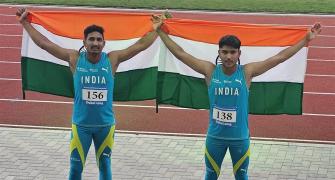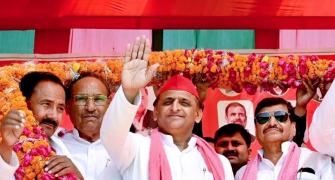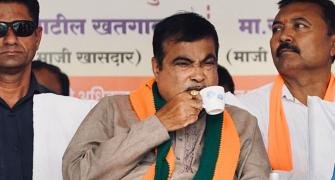Farmers are now using video conferencing to procure good-quality seeds, fertiliser and other inputs. They are also using the technology to access market-related information, and market their products in some cases.
Examples of using thousands of internet kiosks with companies like ITC (the e-choupals) and Microsoft (which has also used video conferencing for telemedicine) are well documented. Videoconferencing furthers these initiatives to empower farmers.
Take, for instance, the recent pilot of the Rajasthan government. Through its Rajasthan Mission on Livelihood, the state government has installed a two-way Aethra videoconferencing system (Aethra is represented by Intellicon in India), at 10 Krishi Vidya Kendras (KVKs) in 10 districts.
Said Dr S L Mehta, vice- chancellor, Maharana Pratap University of Agriculture & Technology, Rajasthan, "We use this facility to share information with trainees, farmers and educating staff in agriculture, horticulture, fisheries, agriculture engineering, Laghu Udyog, and so on."
Mehta notes that they have at least five farmers visiting the KVKs everyday. "These farmers pose their problems to the KVK heads. If it can't be solved at that level, they simply use the videoconferencing facility to get expert advice rather than travelling all the way to Udaipur."
The facility will be used in the near future, to educate the students living in villages in crafts such as stitching and knitting too. The facility will also be used to sell their products to prospective customers who can visit their main centre, interact with students and see their products.
"But this will take some time. Right now, our priority is to develop content for this medium of instruction," said Mehta.
These are not lone initiatives. Supported by the high bandwidth provided by India's Indian Space Research Organisation (ISRO) to the MS Swaminathan Research Foundation (MSSRF), Chennai, VASAT facilitated a videoconference between the groundnut farmers of three southern locations, Tanjavur, Dindigal and Pondicherry, and national experts via the ISRO satellite link in 2004.
Farmers of southern Tamil Nadu and Pondicherry, spread over 500 to 600 km, interacted with experts. The second videoconference was organised in June 2005 for dairy farmers of 30 village clusters of the same districts. All these developments led to the First National Virtual Congress of Farmers in January 2006. As a part of the Mission 2007 programme, ISRO has extended this service to seven other stations across the country. ICRISAT and MSSRF act as expert centres.
Said Gerard Slyvester, in-charge of Research Informatics, ICRISAT, "We do not make the farmers interact directly with the experts since they find it difficult to understand their language. We have intermediaries instead who fulfil this task. They collate the questions and have the experts deal with the issues via videoconferencing."
Over a period of time, over 80 per cent of the questions asked by farmers have been answered. ICRISAT has recorded the answers given by experts as MP3 files. If a farmer asks a question, the intermediary first queries the database, and if the answer is found, he simply plays the recorded file. "We want villagers to take responsibility for these centres to make them sustainable in the long term," says Slyvester.
Sustainability indeed is an issue. The National Institute of Agricultural Extension Management, Hyderabad, had started with a bang. It had launched the mobile VSAT Videoconferencing Van, taking the facility to the farmers in their own environment. The programme has, however, been discontinued for lack of funding, say sources.


